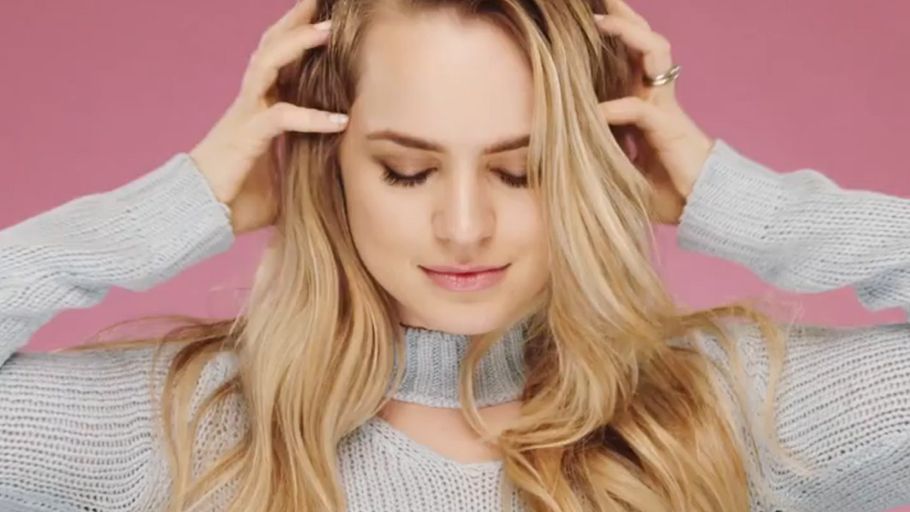Alright so… this commercial is definitely mad goofy. But idk why Shea Moisture has to be ‘CANCELLED!!!’ — olivia nope. (@PLAIDvillain)April 24, 2017
Black women have long been segregated to a small, specific beauty aisle in American drug stores. These sections are commonly given highly problematic and frequently contested names like “Multicultural” and “Ethnic,” to add insult to injury. This year, billion-dollar companies like Pantene and L’Oréal have started to pay more concentrated (and highly marketed) attention to black female customers — creating singular “one-size-fits-all” product lines like Pantene’s “Truly Natural”. But black hair comes in all different types of kinks and curls. So, since the early 40s, black entrepreneurs like Madame C.J. Walker and Lisa Price have created their own million-dollar businesses.
Few spaces exist in the beauty and fashion worlds where black identities and physical characteristics are celebrated or catered to. Which is why the cringe-inducing PR blunder that Shea Moisture — a haircare line created by Liberian-born Richelieu Denn — made this week has outraged the black community.
The blunder came in the form of a commercial calling women to “break free from hair hate.” This theoretically great message was, in the eyes of many, rendered mute when three white women, two girls with vibrant ginger hair and the other with long blonde locks, were thrown into the mix. When, in America’s history, have blonde women faced extreme pressures to change the texture, color, and style of their hair like the scores of black women who have endured perms, weaves, and hair dyes to assimilate into the white world? Many Twitter users also pointed out that products like “Curl Enhancing Smoothie,” geared towards the unique needs of black hair, would not even work well on fine hair. So why were these women included?
Black Twitter came alive with roasts, sharing tongue-in-cheek gifs and memes declaring that they would no longer buy Shea Moisture’s products. The mix of anger, shock, and dark comedy delivered by thousands of tweeters was the passionate response of a community that spends 80% more on haircare products than their non-black counterparts, yet is still overlooked or undervalued by companies.
Black women to — SheriseSherise (@SheriseSherise)April 25, 2017
Shea Moisture quickly deleted the video from its Facebook page and issued an official apology, saying, “Please know that our intention was not – and would never be — to disrespect our community.” They went on to acknowledge the unique pressures women of color have to navigate when it comes to beauty, writing, “We are keenly aware of the journey that WOC face — and our work will continue to serve as the inspiration for work like the Perception Institute’s Good Hair Study/Implicit Association Test that suggests that a majority of people, regardless of race and gender, hold some bias towards women of color based on their textured or natural hair. So, you’re right. We are different — and we should know better.”
The aftermath of Shea’s mistake shows how marginalized voices can hold companies accountable through social media. Because we teach others how to treat us.
Credits
Text André-Naquian Wheeler
